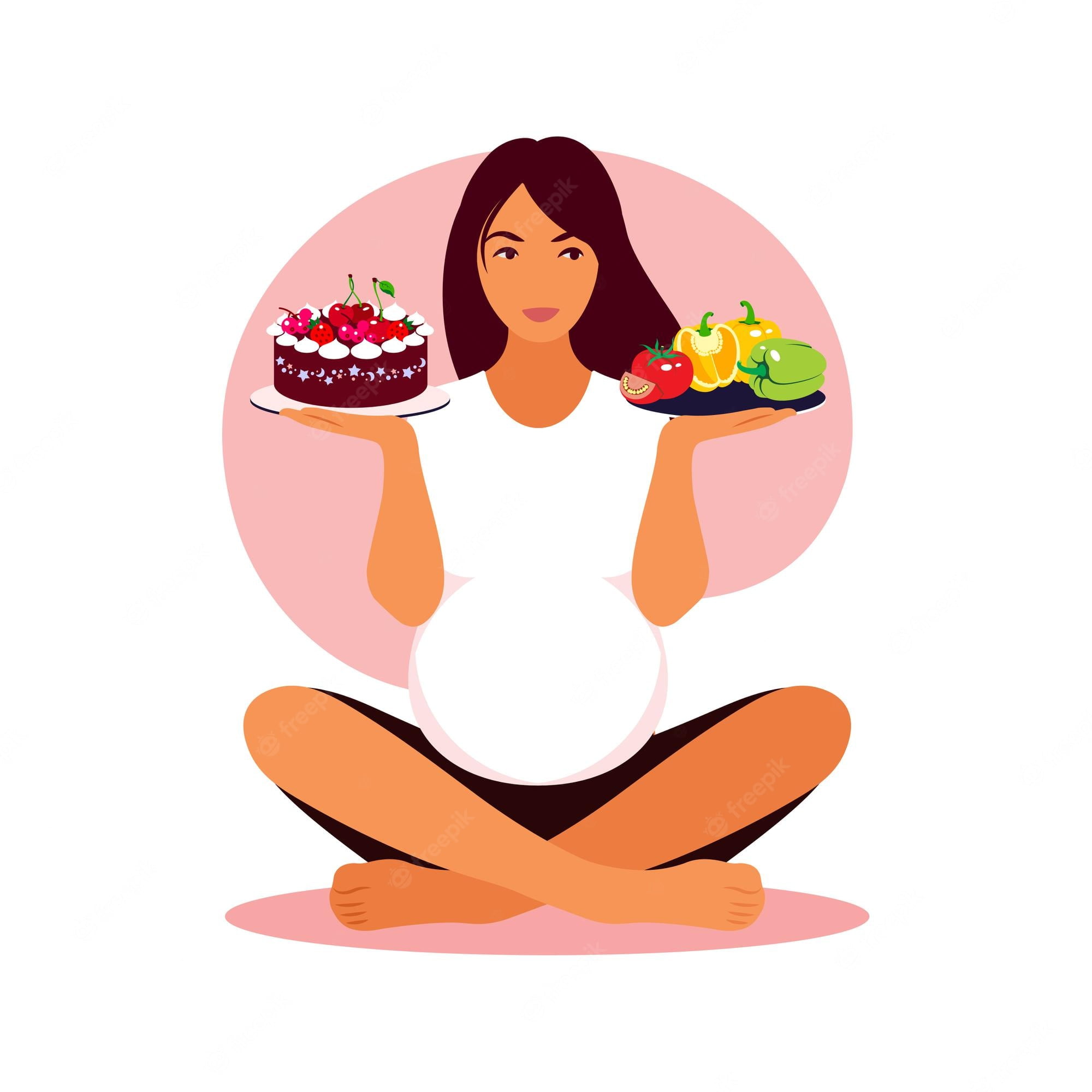
Contents
- 1 Introduction
- 2 Nutrition for Two: Eating Right During Pregnancy
- 3 Staying Active: Exercise and Well-Being
- 4 Regular Prenatal Care: Partnering with Your Healthcare Provider
- 5 Emotional Well-being: Managing Stress and Mental Health
- 6 Sleep and Rest: Recharge for Two
- 7 Hydration: Nourishing Through Fluids
- 8 Avoiding Harmful Substances: A Healthy Environment
- 9 Common Discomforts: Coping Strategies
- 10 Preparing for Birth: Education and Planning
- 11 The Third Trimester: Nearing the Finish Line
- 12 Labor and Delivery: A Transformative Experience
- 13 Postpartum Care: The Fourth Trimester
- 14 Newborn Care: Navigating the Early Days
- 15 Conclusion
- 16 Frequently Asked Questions (FAQs)
Introduction
Pregnancy is a miraculous and complex process that requires special care and attention. It’s important to adopt a holistic approach to your well-being during these nine months. By making informed choices and embracing a healthy lifestyle, you can contribute to a smooth and positive pregnancy experience.
Nutrition for Two: Eating Right During Pregnancy
A balanced and nutrient-rich diet is crucial for both the mother’s health and the baby’s development. Focus on consuming a variety of foods that provide essential vitamins, minerals, and protein. Incorporate fruits, vegetables, lean proteins, whole grains, and dairy products into your meals. Additionally, ensure an adequate intake of folic acid, iron, calcium, and other key nutrients recommended by your healthcare provider.
Staying Active: Exercise and Well-Being
Engaging in regular, moderate-intensity exercise can enhance your physical and mental well-being during pregnancy. Activities like walking, swimming, and prenatal yoga can help improve circulation, reduce discomfort, and boost your mood. Always consult your doctor before starting any new exercise routine and listen to your body’s signals.
Regular Prenatal Care: Partnering with Your Healthcare Provider
Attending scheduled prenatal appointments is essential for monitoring the health of both mother and baby. These appointments allow your healthcare provider to track the baby’s growth, address any concerns, and provide guidance on various aspects of pregnancy.
Emotional Well-being: Managing Stress and Mental Health
Pregnancy can bring about a range of emotions. Managing stress and prioritizing your mental well-being is crucial. Engage in relaxation techniques, such as meditation and deep breathing, and consider seeking support from loved ones or a mental health professional if needed.
Sleep and Rest: Recharge for Two
Adequate sleep is fundamental for your overall health and the baby’s development. As your body changes, finding a comfortable sleeping position might become challenging. Use pillows for support and establish a bedtime routine to promote restful sleep.
Hydration: Nourishing Through Fluids
Staying hydrated is vital, especially during pregnancy. Water helps maintain amniotic fluid levels, supports digestion, and prevents common issues like constipation. Aim for at least eight glasses of water a day, and adjust your intake based on your activity level and climate.
Avoiding Harmful Substances: A Healthy Environment
Steer clear of substances that could harm you and your baby, such as alcohol, tobacco, and recreational drugs. Minimize exposure to environmental toxins and consult your healthcare provider before taking any medications, even over-the-counter ones.
Common Discomforts: Coping Strategies
Pregnancy may bring about various discomforts, including morning sickness, back pain, and fatigue. Explore natural remedies and lifestyle adjustments to manage these discomforts. Your healthcare provider can offer guidance on safe solutions.
Preparing for Birth: Education and Planning
Educate yourself about the birthing process and create a birth plan that outlines your preferences for labor and delivery. Attend childbirth education classes, consider pain management options, and discuss your birth plan with your healthcare provider.
The Third Trimester: Nearing the Finish Line
As you approach the third trimester, your body and baby continue to undergo significant changes. Monitor your health, attend prenatal appointments, and prepare for the final stages of pregnancy and the upcoming birth.
Labor and Delivery: A Transformative Experience
The moment of labor and delivery is a unique and transformative experience. Pack your hospital bag, familiarize yourself with the signs of labor, and communicate your birth plan with your healthcare team.
Postpartum Care: The Fourth Trimester
The postpartum period, often referred to as the fourth trimester, is a time of adjustment and recovery. Focus on self-care, rest, and seeking assistance from loved ones. Be prepared for physical and emotional changes as you adapt to life with your newborn.
Welcoming a newborn is a joyous occasion, accompanied by a learning curve. Learn about newborn care, breastfeeding, and creating a nurturing environment for your baby’s development.
Conclusion
Ensuring a healthy pregnancy involves a multifaceted approach that encompasses physical, emotional, and mental well-being. By prioritizing self-care, seeking prenatal care, and making informed choices, you can lay the foundation for a positive pregnancy journey and a bright future for both you and your baby.
Frequently Asked Questions (FAQs)
- Is exercise safe during pregnancy? Exercise can be safe and beneficial during pregnancy, but it’s important to consult your healthcare provider before starting any new routine.
- Can I continue taking my regular medications? Always consult your healthcare provider before taking any medications during pregnancy, even if they are medications you’ve taken before.
- How can I manage morning sickness? Managing morning sickness involves trying various remedies such as eating small, frequent meals and staying hydrated. If symptoms are severe, consult your doctor.
- What should I include in my birth plan? Your birth plan should include preferences for pain management, birthing positions, and any special requests you have for your labor and delivery experience.
- How long should I plan to rest during the postpartum period? The postpartum period varies for each woman, but it’s important to give yourself several weeks to recover and adjust to your new role as a mother.




